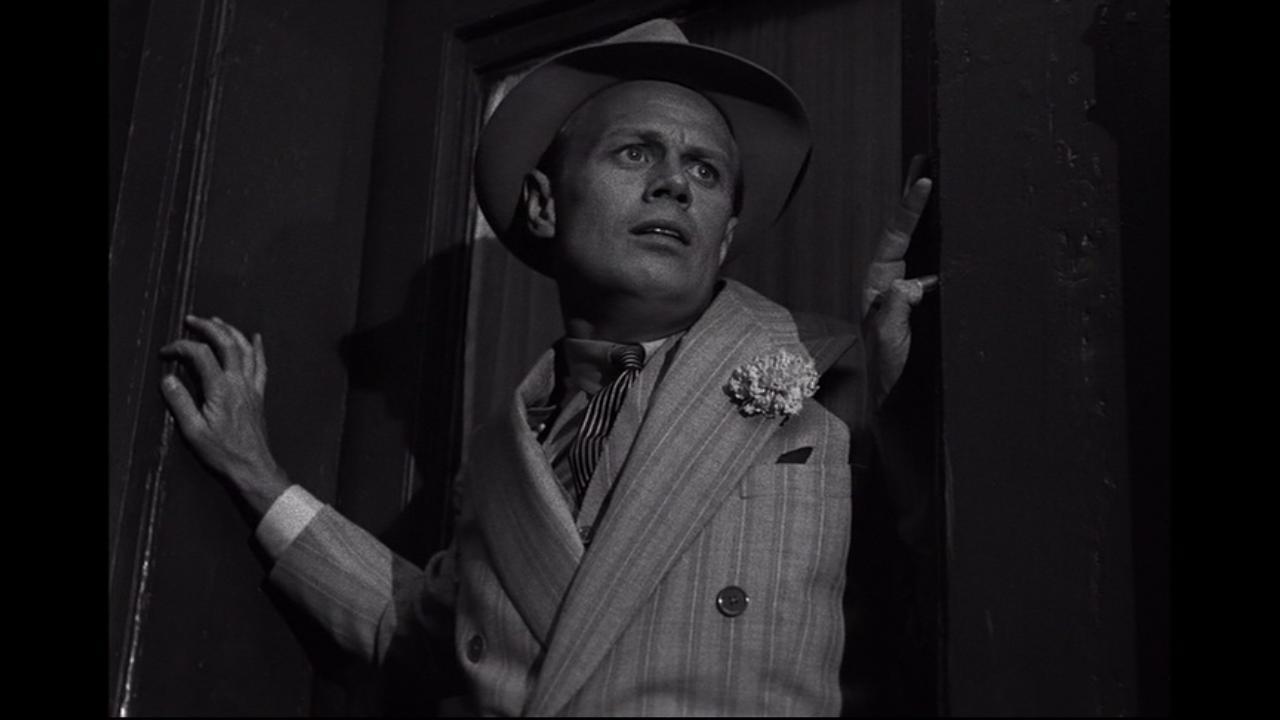In some ways, Jules Dassin’s Night and the City (1950) is an unlikely noir, which (along with an icy reception at the time from critics) might help explain why it’s not the first example of the genre that springs to mind — no femme fatale, no particular mystery, no play-by-play heist gone wrong, a curious fixation on wrestling, of all things. (The latter seems something of a Dassin trademark.)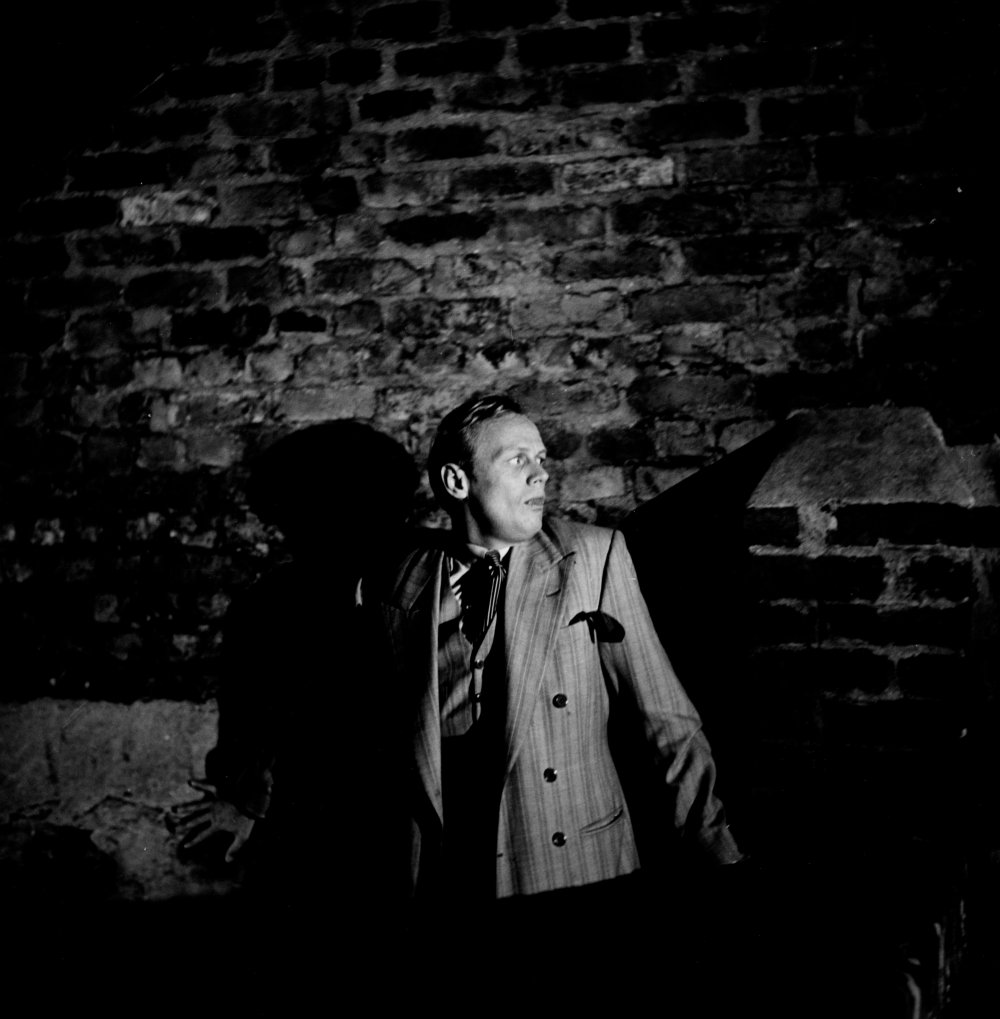
In others, though, Night and the City is paradigmatic, as Nick Schrager notes, in its “fundamental gloominess and urbanity … the inevitably cataclysmic end for its enterprising protagonist” who “commits noir’s cardinal sin by striving to better his lot in life.” Dassin, blacklisted and exiled from Hollywood at the time, presents a grimy, half-lit London full of born losers, fixed fights, and schemes that seem obviously destined to fail before they start. It’s as dark a vision as noir could present, even without the typical noir trappings.
As with so many of these narratives, the plot hardly matters. Low-level con-man Fabian (Richard Widmark) wants to corner the apparently lucrative wrestling promotion market, and makes bad decision after bad decision to this end. He lies, cheats and steals his way to a watery death in the Thames, but not before betraying pretty much everyone he meets. The end. That perpetual curmudgeon Bosley Crowther dismisssed Night and the City as a “pointless, trashy yarn,” a “turgid pictorial 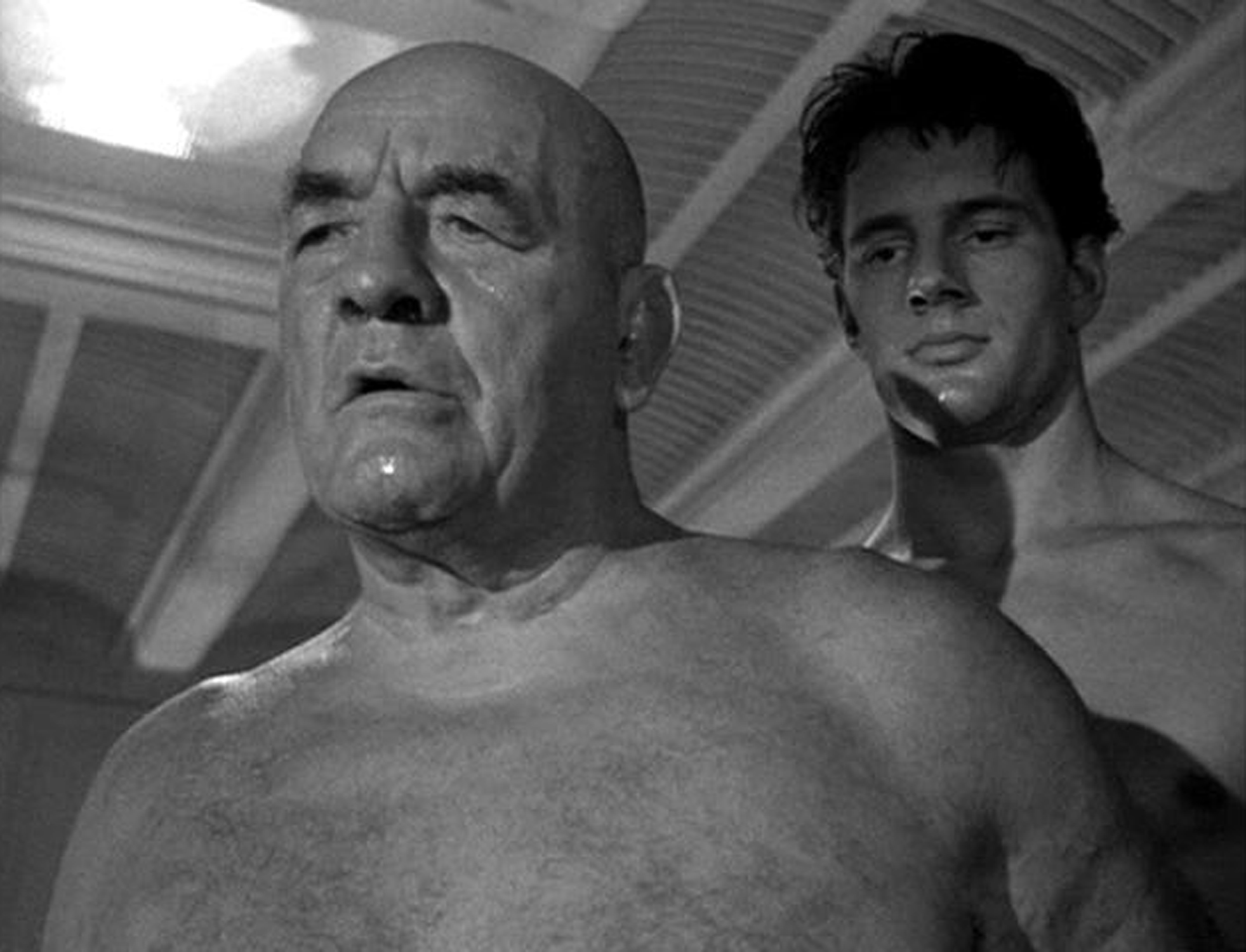 grotesque” with “only one character in it for whom a decent, respectable person can give a hoot,” comes as no surprise. Night and the City is angry through and through, not least at the pointlessness of its characters efforts to ever come out on top.
grotesque” with “only one character in it for whom a decent, respectable person can give a hoot,” comes as no surprise. Night and the City is angry through and through, not least at the pointlessness of its characters efforts to ever come out on top.
Wrestling seems to be an apt metaphor for that pointlessness, it turns out, and the title neatly captures all that’s left after the clock runs out. Night and the City is pessimistic stuff, enamored with Wellesian angles and deployed with scorn. It should be remembered as one of the genre’s best.
(Rick – Streaming on Filmstruck, along with Dassin’s Thieves Highway from the prior year)
Quick Links
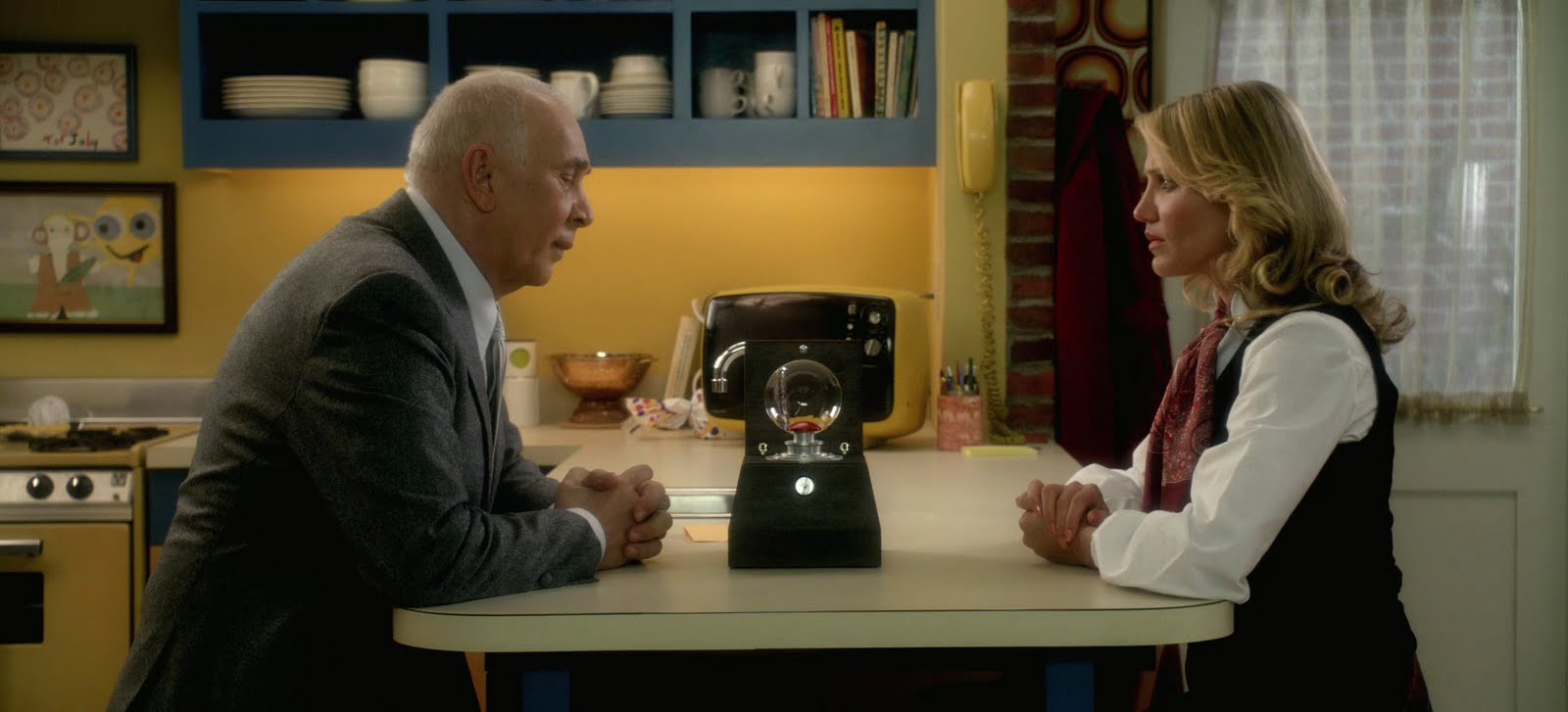
Neither as adolescently navel-gazing as fan favorite Donnie Darko or as out-and-out bananas as not-quite-cult-classic Southland Tales, Richard Kelly’s riff on No Exit by way of the Stanford Prison Experiment was his bid for respectability.
It didn’t quite work out that way, and The Box doesn’t entirely work on its own terms, but it’s still a fascinating failure, and probably the best deployment of magic lightning people I can think of offhand.
(Rick – Streaming on HBO)
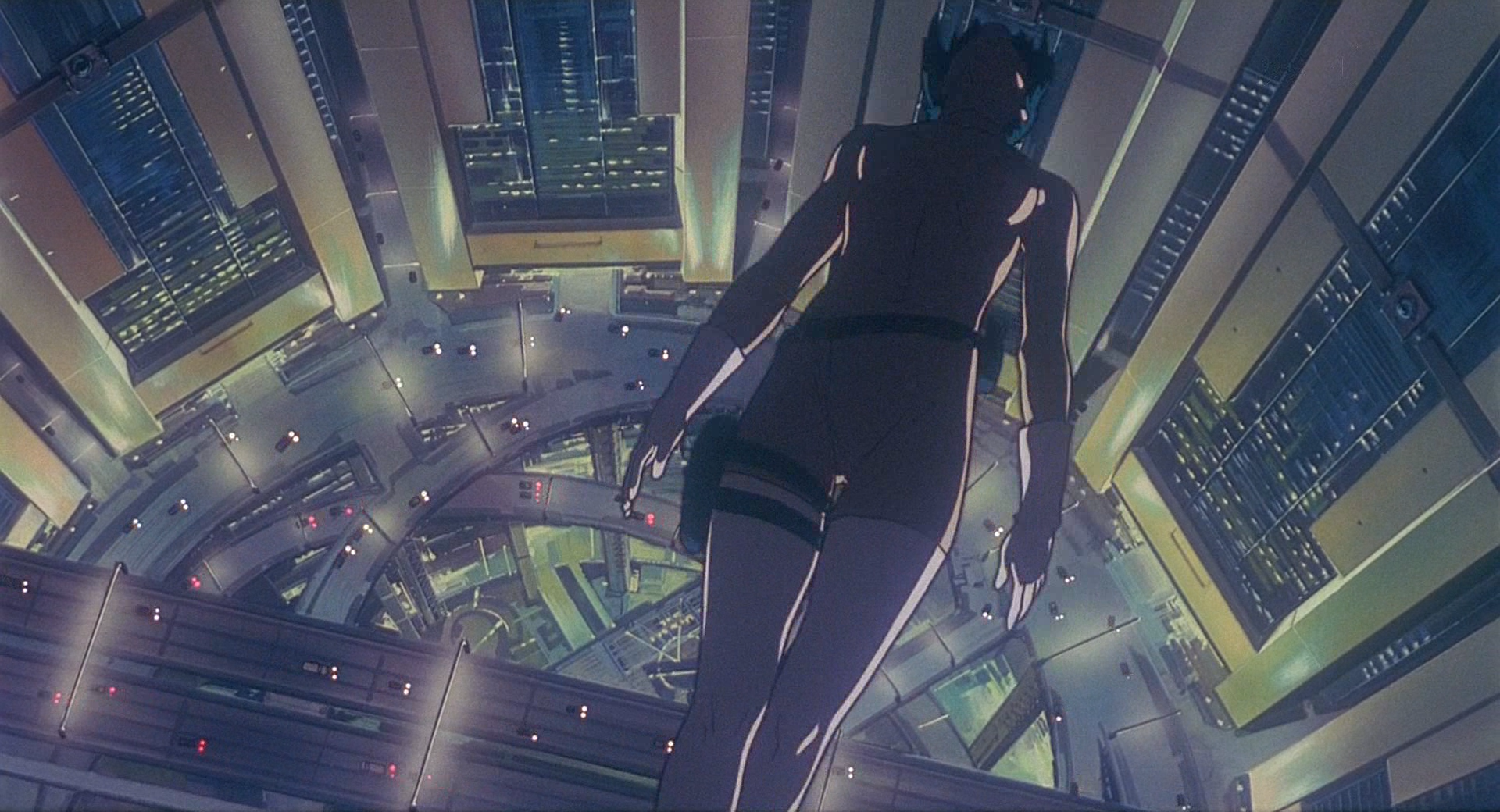
It is easy to go into the 1995 anime Ghost in the Shell thinking you know what you will get. You can know that it massively influenced serious science fiction films and inspired people like the Wachowskis to mix philosophical ideas and action freely, but you still may end up expecting an action movie (an expectation the first 20 minutes encourages).
But it’s possible to go too far in the other direction. While Ghost is a movie about ideas, a lot of them are much less profound now than they seemed 20 years ago. Why go back to the original film, then (and not to the 2-season TV show Stand Alone Complex, which offers a much more satisfying and conventional story)?
Maybe I go back because there is a sense of wonder at technology and the ideas it engenders. Plenty of movies, shows, and novels since (and, let’s be honest, before) have explored the questions of identity in a world of technology more complexly, but the sense of wonder in Ghost is hard to match.
(Liz – Streaming on Starz, via Amazon Channels)
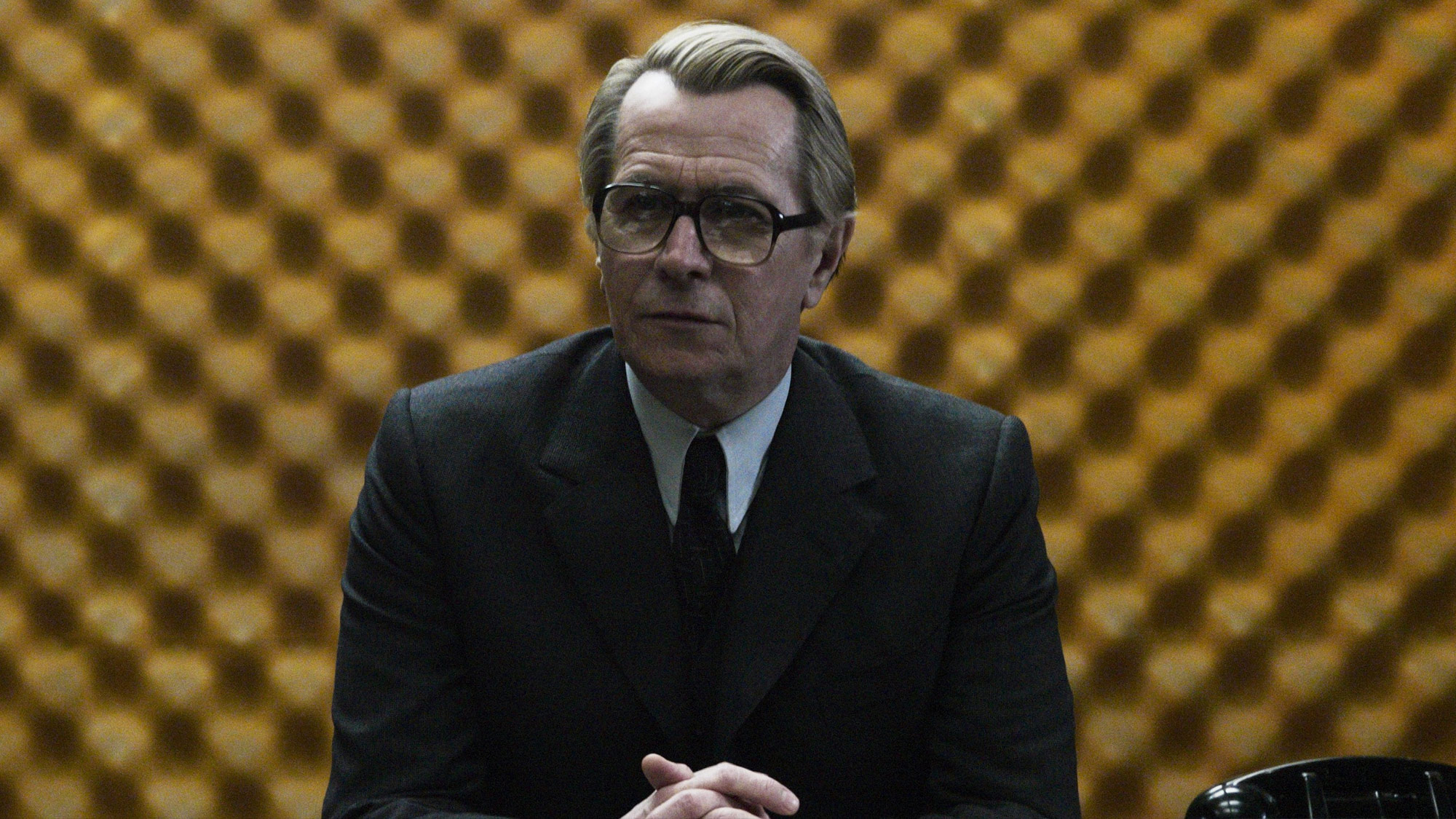
I’ve been fiddling around with a series on le Carre adaptations (he’s a lifelong obsession of mine), and in that I’ll find plenty of room to dump about what I do and don’t like about his most notable recent adaptation, 2011’s Tinker Tailor Soldier Spy.
But my fanboyish nitpicking should dissuade no one from watching the film. Will it make any sense without having read the original novel? Almost certainly not — even the Alec Guinness miniseries had trouble fitting everything in. But like The Big Sleep and other great mysteries, it is not a question of what is happening, but how the characters respond to it, and the film’s sense of style (which picks up as it goes on, building to a terrific finale) will keep you moving to the end.
(Liz – Streaming on Netflix)
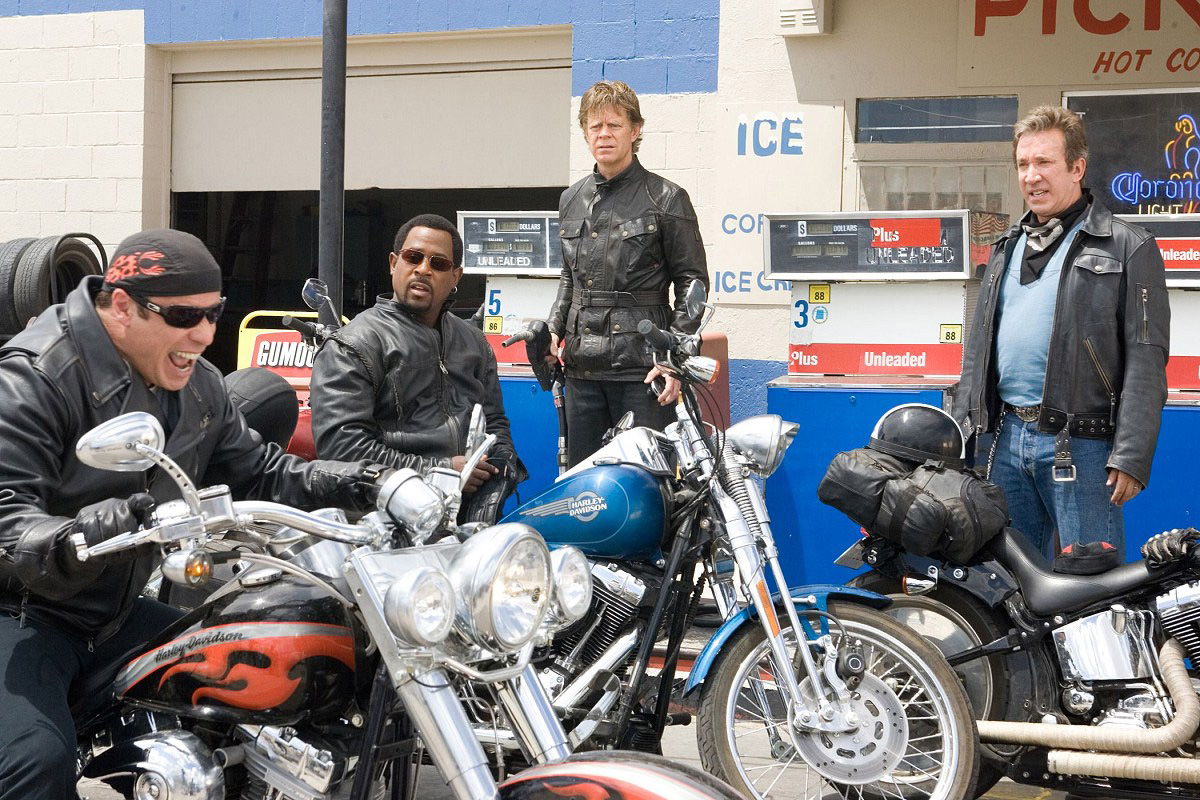
I’m not including Wild Hogs on this list because it is a good movie — it is not a good movie — but because it is a very weird glimpse of what studios presumed we would find entertaining in 2007. (Given that it grossed more than $250 million on an $85 million budget, making it the 13th top-grossing film of the year, they weren’t wrong, either.)
Simultaneously a “fun” road trip flick starring some of the most recognizable guys in Hollywood and also a morose tale of henpecked middle-aged men clumsily asserting their quieted masculinity, with enough gay panic jokes to power a small, stupid nation, Wild Hogs now seems like it landed here from outer space. What limited pleasures there are come entirely from William H. Macy, incongruously sweet as a thankless fourth fiddle to once-beloved fixtures John Travolta, Tim Allen, and Martin Lawrence.
The whole enterprise is pretty gross and revealing, but, say what you will, Wild Hogs did introduce this fact into the world: the diner that plays a central role in the plot was built for the movie, and it still exists as a shop selling Wild Hogs merchandise. Wild Hogs will outlive us all, and as Nathan Rabin noted, it’s a must if you’re on a “quest to visit the most depressing tourist traps in the world.”
(Rick – Streaming on Netflix)

